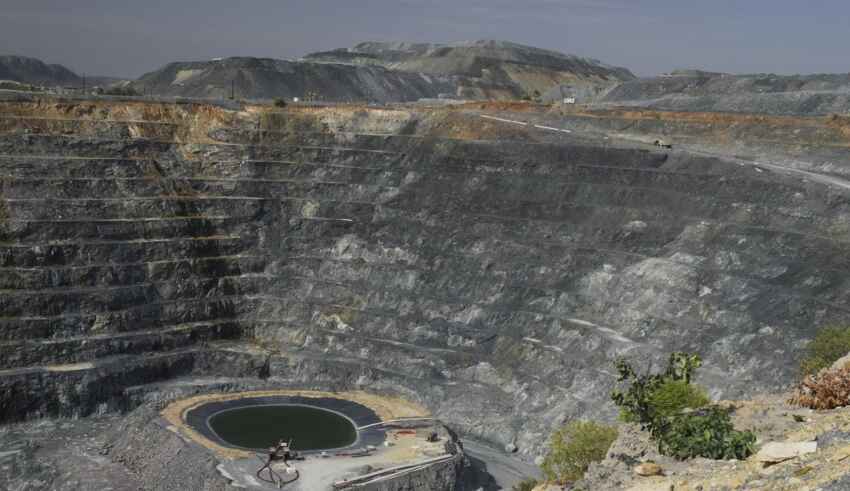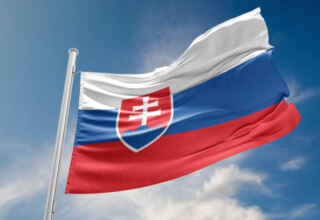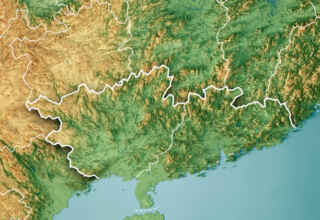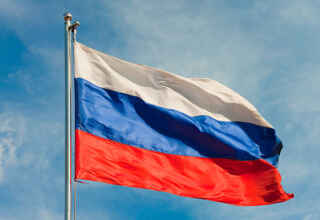
Amidst efforts to bolster domestic energy independence, French President Emmanuel Macron made a historic visit to Mongolia, becoming the first sitting French president to set foot on Mongolian soil since diplomatic relations were established in 1965. Macron’s visit aimed to strengthen ties with countries that have not clearly condemned Russia’s actions in Ukraine, presenting an opportunity to consolidate relations with nations bordering Russia. At the heart of this visit lies a controversial project: the development of uranium mines in Mongolia. While France seeks to diversify its uranium supplies, the project faces opposition from local populations concerned about environmental and health impacts. As Macron and Mongolian President Ukhnaagiin Khürelsükh emphasized the importance of uranium mining to boost energy resources, critics raise questions about the project’s consequences, reflecting the ongoing debate surrounding the delicate balance between energy needs, environmental considerations, and public health concerns.
According to the 2009 report of Transparency International on uranium mining in Mongolia, the discovery of valuable minerals in Mongolia’s rapidly changing economy presents both development opportunities and governance challenges for the country. Foreign companies were granted significant contracts for the Oyu Tolgoi copper and gold mining complex and the Tavan Tolgoi coal mine, but concerns have arisen regarding transparency and corruption in the negotiation process and distribution of mining royalties. This has led to large-scale citizen protests. The government aims to ensure that all citizens benefit from mineral wealth through the establishment of a Human Development Fund (HDF) and direct cash transfers. However, the success of these efforts depends on implementing a strong legal and institutional framework that safeguards against corruption and ensures fair distribution of resource revenues. Despite some anti-corruption measures, Mongolia still faces governance and corruption challenges, with declining indicators of government effectiveness and control of corruption.
Ukhnaa Khurelsukh, who won a landslide victory in Mongolia’s June 2021 election, has shown long-standing support for nuclear power. This has drawn geopolitical interest from Beijing due to Mongolia’s uranium deposits. In July 2021, Khurelsukh and Chinese President Xi Jinping agreed to strengthen strategic relations, including in the mining industry. Mongolia faces a challenging choice between Russia and China for expertise if it decides to leverage its uranium resources for nuclear energy as part of its Vision 2050 shift to cleaner technologies. China’s potential involvement comes at a time when it is expanding its nuclear weapons arsenal near the China-Mongolia border. Recent reports suggest China is constructing numerous nuclear silos in close proximity to Mongolia’s uranium-rich deposits, potentially representing a significant expansion of its nuclear capabilities. Mongolia, previously declared a Nuclear Weapons Free Zone, is now considering nuclear technology to address air quality issues and energy security. Khurelsukh has expressed interest in nuclear power plant construction, with both Russia and China offering assistance. Mongolia’s financial constraints make outside support crucial for developing nuclear power plants and mining sites. The growing interest of global powers in investing in nuclear capability development with uranium-rich border countries aligns with the shift away from fossil fuels. Khurelsukh faces the challenge of strategically positioning himself to balance Mongolia’s developmental interests while upholding its non-proliferation values in the global nuclear weapons context.
According to the country report of World Nuclear Association on Mongolia, the country possesses substantial uranium resources, with an estimated 60,500 tonnes of uranium (tU) in reasonably assured resources, and indications suggesting it could potentially reach 1.32 million tU. Mongolia’s mining industry plays a crucial role, contributing 25% to the country’s GDP and accounting for 90% of its total exports. This sector also employs around 3.6% of the population. Various companies, including Areva Mines and Rosatom’s ARMZ, have been actively involved in uranium exploration and development projects. Areva, for example, has been conducting exploration activities in the Sainshand Basin of Dornogovi province since 1997. The Dornod and Gurvanbulag regions are recognized as significant uranium prospects. However, the uranium mining sector in Mongolia has faced challenges, including disputes and legal battles related to projects like the Dornod uranium project involving companies such as Monatom, ARMZ, Khan Resources, and CNNC. In 2015, Mongolia reached a settlement with Khan Resources, resulting in a payment of $70 million to resolve an arbitration award. Despite these complexities, uranium mining continues to hold strategic importance for the Mongolian economy.
In response to the Russian invasion of Ukraine, France has increased its efforts to engage with countries that have not explicitly condemned the invasion, including Mongolia. French President Emmanuel Macron made a significant visit to Mongolia, the first by a French president, following his participation in the G7 summit in Japan. The visit holds importance as Mongolia is strategically positioned between China and Russia and is seeking to diversify its partnerships to strengthen its position. France aims to alleviate the constraints faced by Russia’s neighboring countries and expand their options. Additionally, France sees potential for collaboration with Mongolia, particularly in the energy sector, as the country endeavors to reduce its reliance on coal in its economy.
During his official visit to Mongolia, French President Emmanuel Macron expressed support for a controversial uranium mining project in the country. France seeks to diversify its uranium imports following the war in Ukraine and has been operating in Mongolia through the French nuclear group Orano (formerly Areva) since 1997. The two presidents pledged to accelerate the development of two uranium deposits, despite opposition from local populations who view the project unfavorably due to concerns about environmental and health impacts. Orano has faced allegations of corruption and environmental contamination in its Mongolian operations. The plaintiffs in a legal case against Orano are seeking an independent expert opinion to establish a potential link between the uranium mines and observed health issues in nearby communities.
On the other hand, Skeptics and critics of the uranium mining project in Mongolia have voiced significant concerns regarding its potential health and environmental impacts. Reports from local populations living near the mining sites have documented serious health incidents, including malformations in livestock, cancers, and miscarriages. Activists argue that the extraction method employed by the mining operation, known as “in-situ leaching” (ISL), involves injecting enormous quantities of sulfuric acid into the ground, which could pose a risk of contaminating the region’s wells and water sources. The French Sortir du Nucléaire network of associations has criticized this method, emphasizing the potential dangers of releasing such large amounts of acid into the environment. As the debate continues, the plaintiffs have sought an independent expert opinion to establish a potential link between the uranium mines and the observed health problems, underscoring the need to carefully evaluate the project’s implications for both human health and the delicate desert ecosystem in Mongolia.
Independent soil reports play a crucial role in evaluating the environmental and health impacts of uranium mining projects. These reports provide unbiased assessments of the potential risks associated with uranium extraction, including soil contamination and the release of radioactive materials. In the context of countries striving for energy self-sufficiency, it is important to prioritize the safety and well-being of local communities. Therefore, before declaring support for controversial projects like uranium mining, it is advisable to conduct comprehensive and independent soil reports. Such reports can provide valuable insights into the potential hazards and allow policymakers to make informed decisions. By ensuring the safety of the locals through rigorous assessments, governments can strike a balance between energy development and safeguarding public health and the environment.
By The European Institute for International Law and International Relations.












